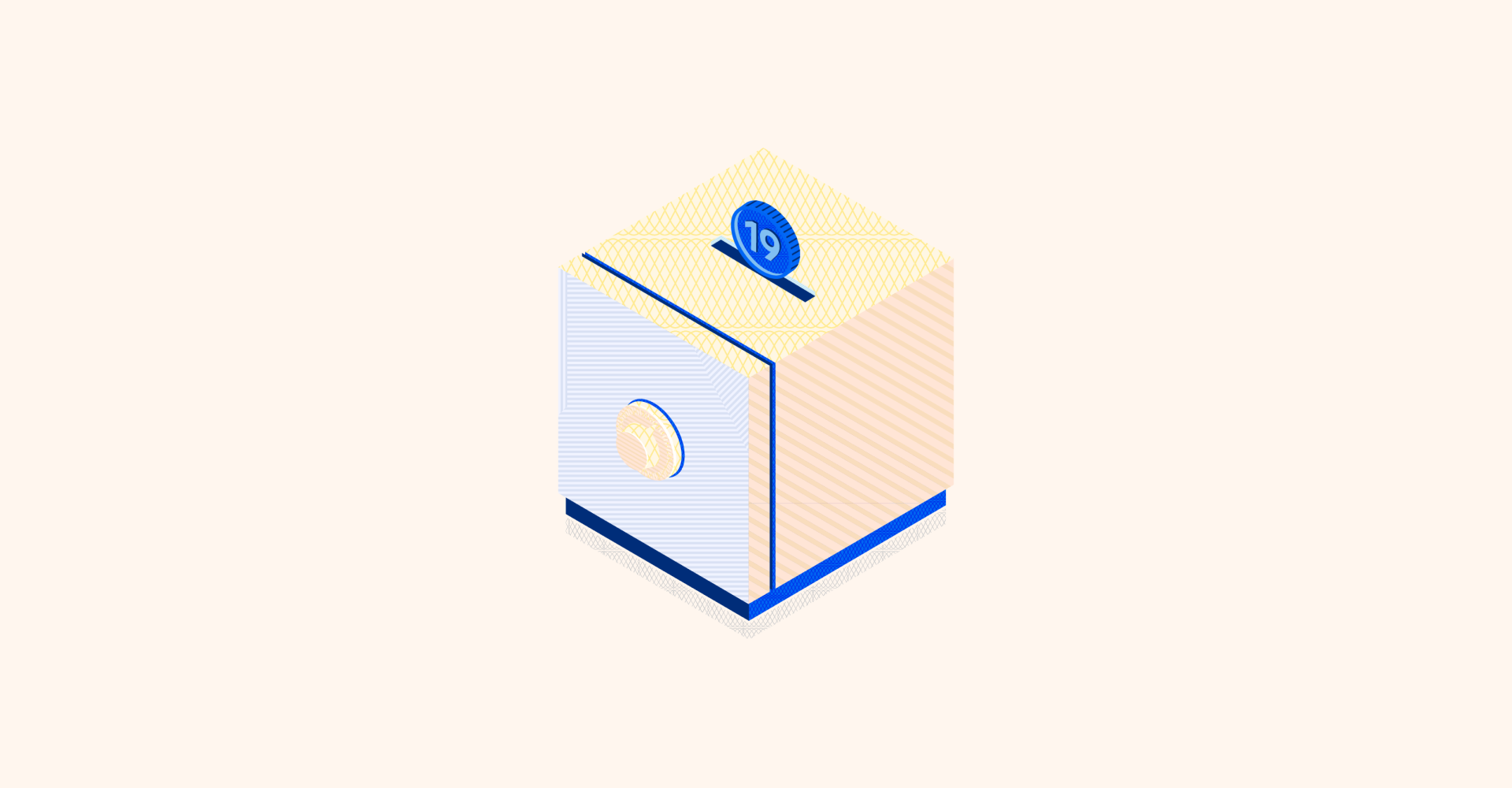
This original version of this article was written by the Vanguard Group on Vanguard Insights. It was slightly restructured to fit the Nigerian audience.
While debts can be easily abused, it isn’t necessarily bad. Making a few smart lifestyle decisions and maintaining some discipline can keep it under control.
Borrowing to pay for a home, for example, can be good. You gain equity as you pay down your loan or mortgage. Also, your mortgage interest can be deductible from your income taxes.
On the other hand, relying on debt to sustain your lifestyle is like playing the lottery to fund retirement. The math is overwhelmingly against you.
Do the math
Debts can offer instant gratification for people who want something they can’t afford. Often bearing high-interest rates, this kind of debt erodes your ability to save and costs you dearly over time if you continue to carry a balance.
For example, if you borrowed N365,000 at an annual interest rate of 15% to buy a new television and made monthly minimum payments of about N9,294, it would take more than 4½ years to pay off the debt. The N365,000 loan would end up costing you N501,875 with interest. You also would lose any chance to earn a positive return on the same amount by saving or investing it.
Our article on how much you are costing your future self here explains this better.
Live with a budget
You can avoid such bad debt by living below your means. A detailed budget can get you on track and help you stay there. Just as dieters who keep a record of what they eat tend to lose more weight than those who don’t, people who monitor their spending habits often have an easier time sticking to a budget.
Make saving a priority. One way to do this is by setting up an automatic direct-deposit plan through your bank or investment company. Ensuring the money never hits your wallet will reduce your temptation to spend it. You should also establish a financial safety net — at least 6 to 12 months’ worth of expenses in an account that’s easily accessible in an emergency.
A budget can help you watch expenses and divert more money to saving or paying off bills. Pack your lunch instead of eating out. Forgo the extra soda bottles and buy just one or none. Keep your car after it’s paid off rather than trading it in for the latest model — and a new set of payments. It all adds up.

Gain control of your finances
If you have bad debts, you can dig yourself out. Decide a minimum monthly payment for your debts. Find the one with the highest interest rate or the most pressing and pay as much as you can above the minimum payment each month while continuing to make minimum payments on the others. Once the first debt is paid off, divert those payments to the next most expensive/pressing debt, and so on.
Avoid paying interest on products such as groceries, food, entertainment, and travel.
If you’re in serious trouble, consider debt counselling. You can reach out to Cowrywise for tailored advice on how to walk out of your debts. It’s a free offering from us.
In the end, it’s all up to you. Stick to your budget and live within your means. Then you can manage your debt and not let it manage you. Still in need of more? Read our article on how to pay your debts here.
RELATED
Questions to Ask Before You Take a Loan

Very good information. Great job
Very insightful piece
Very insightful, thanks alot
it’s helpful but nig gvt those not work under it.
Very useful information. ?
Thanks
Thanks for this information. Very straightforward and simple to understand
This is a great piece.
Thanks for making it available and well detailed and very simple.
I’m glad you found it useful! ?